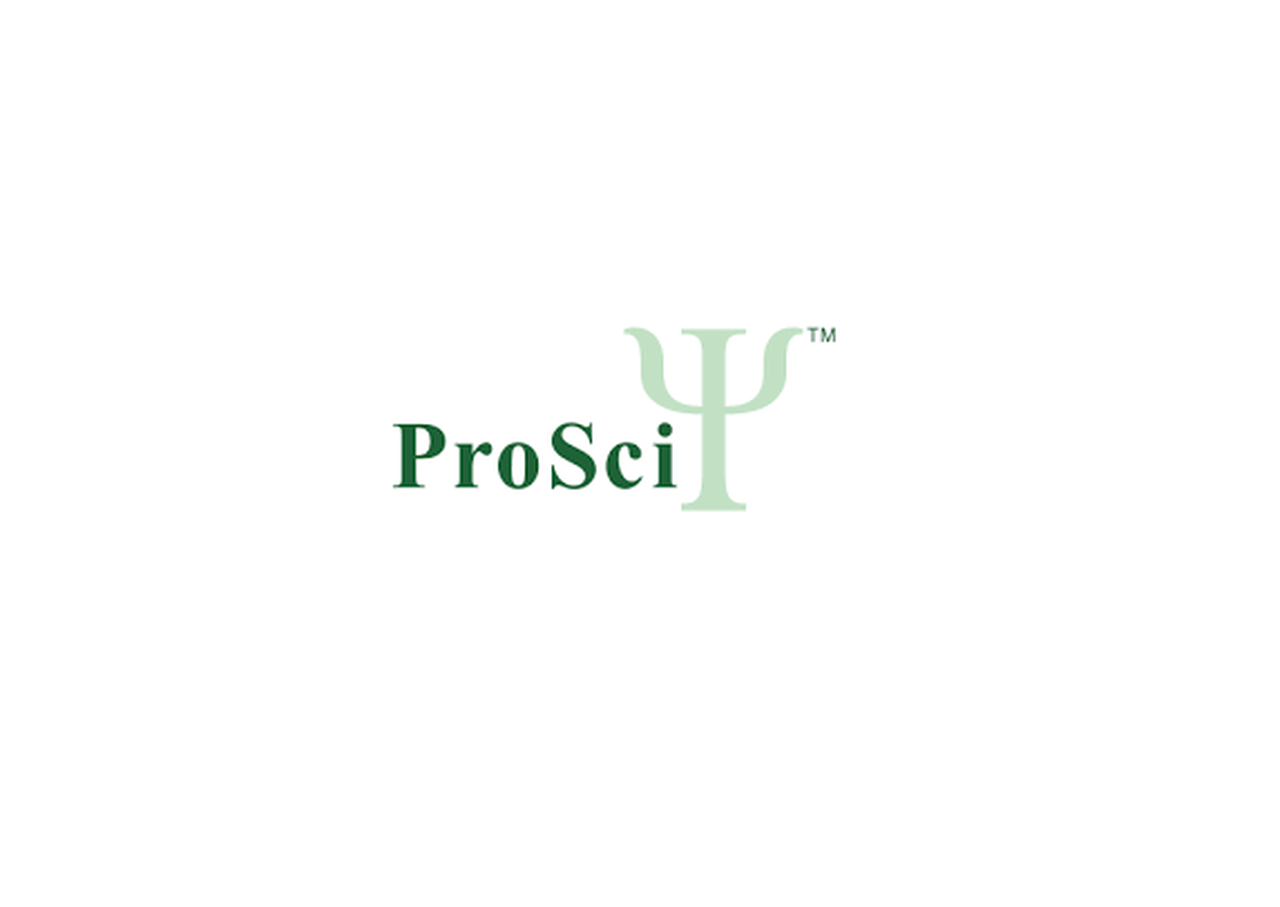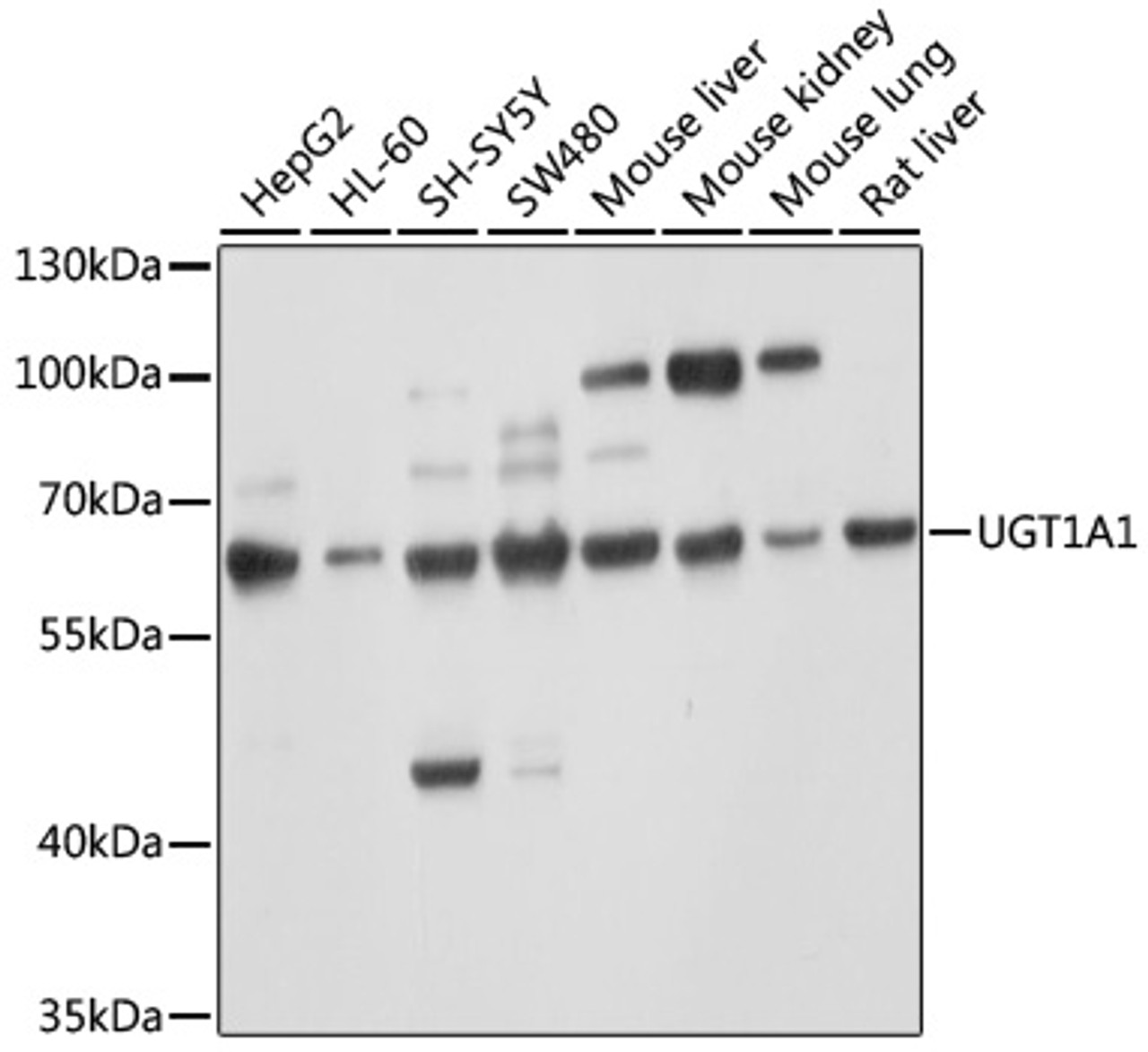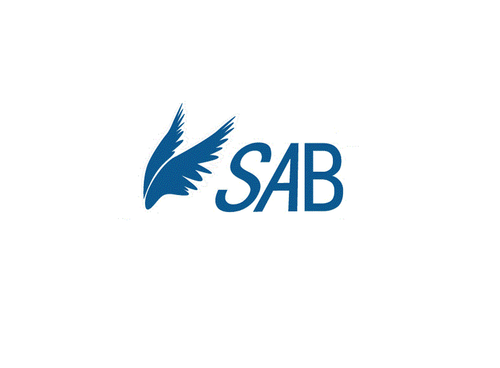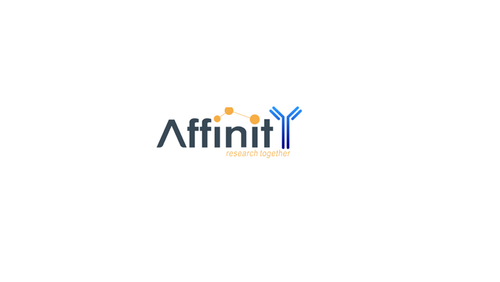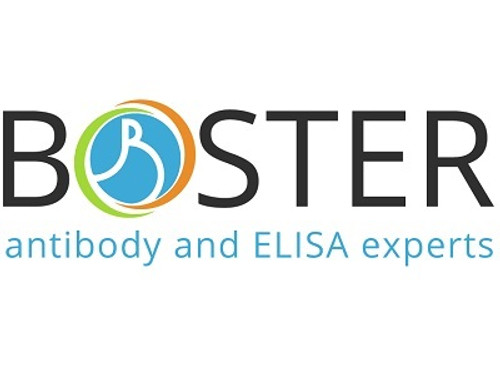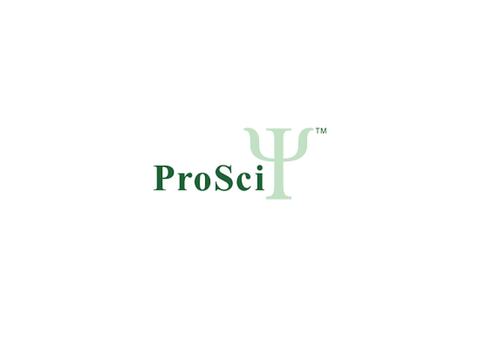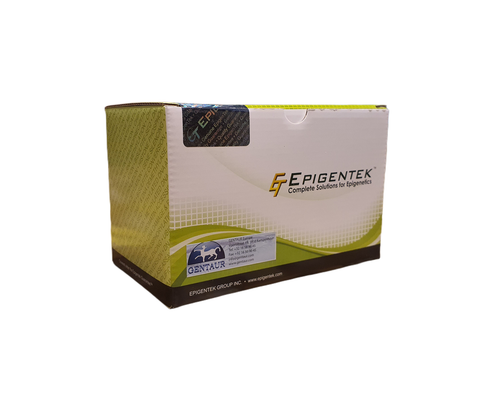Product Description
UGT1A1 Antibody | 15-091 | ProSci
Host: Rabbit
Reactivity: Human, Mouse, Rat
Homology: N/A
Immunogen: Recombinant fusion protein containing a sequence corresponding to amino acids 1-200 of human UGT1A1 (NP_000454.1) .
Research Area: Signal Transduction
Tested Application: WB
Application: WB: 1:500 - 1:2000
Specificiy: N/A
Positive Control 1: HepG2
Positive Control 2: HL-60
Positive Control 3: SH-SY5Y
Positive Control 4: SW480
Positive Control 5: mouse liver
Positive Control 6: mouse kidney
Molecular Weight: Observed: 60kDa
Validation: N/A
Isoform: N/A
Purification: Affinity purification
Clonality: Polyclonal
Clone: N/A
Isotype: IgG
Conjugate: Unconjugated
Physical State: Liquid
Buffer: PBS with 0.02% sodium azide, 50% glycerol, pH7.3.
Concentration: N/A
Storage Condition: Store at -20˚C. Avoid freeze / thaw cycles.
Alternate Name: UGT1A1, GNT1, HUG-BR1, UDPGT, UGT1, UGT1A, BILIQTL1, UDPGT 1-1
User Note: Optimal dilutions for each application to be determined by the researcher.
BACKGROUND: This gene encodes a UDP-glucuronosyltransferase, an enzyme of the glucuronidation pathway that transforms small lipophilic molecules, such as steroids, bilirubin, hormones, and drugs, into water-soluble, excretable metabolites. This gene is part of a complex locus that encodes several UDP-glucuronosyltransferases. The locus includes thirteen unique alternate first exons followed by four common exons. Four of the alternate first exons are considered pseudogenes. Each of the remaining nine 5' exons may be spliced to the four common exons, resulting in nine proteins with different N-termini and identical C-termini. Each first exon encodes the substrate binding site, and is regulated by its own promoter. The preferred substrate of this enzyme is bilirubin, although it also has moderate activity with simple phenols, flavones, and C18 steroids. Mutations in this gene result in Crigler-Najjar syndromes types I and II and in Gilbert syndrome.
 Euro
Euro
 USD
USD
 British Pound
British Pound
 NULL
NULL

